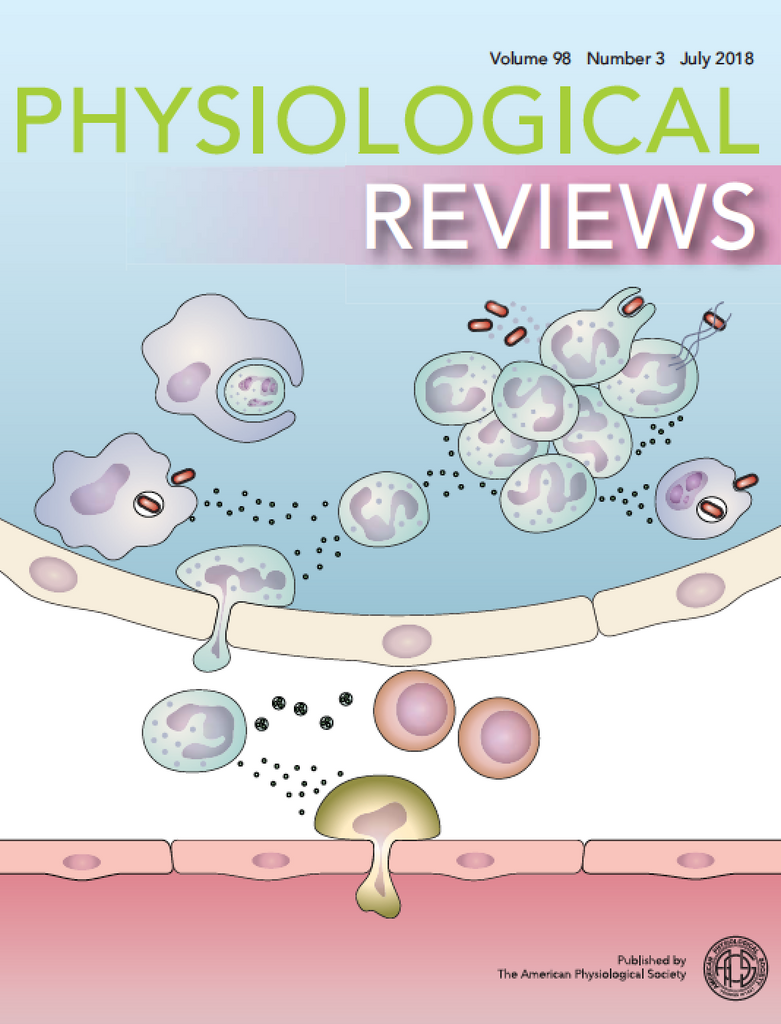Focus
 The major focus of our work is to define mechanisms of immunity against respiratory infection. Microbes in the lung induce innate immune responses including neutrophil recruitment and plasma extravasation, which are mediated by the coordinated expression of diverse genes including adhesion molecules, chemokines, colony-stimulating factors, and cytokines. This gene expression program is a critical determinant of infection outcome, essential to eliminating the microbe but inherently dangerous because it causes lung flooding and tissue destruction. This pivotal gene program is importantly influenced by an individual’s prior experiences with microbes, involving immunological memory (adaptive immune responses specific to previously encountered microbes) and trained immunity (rewiring of broadly relevant innate immunity by microbial signaling). To illuminate these pathways, we use diverse laboratory approaches from the fields of biochemistry, molecular biology, cell biology, and physiology. We also develop new approaches as needed to better understand and manipulate immunity in the lungs.
The major focus of our work is to define mechanisms of immunity against respiratory infection. Microbes in the lung induce innate immune responses including neutrophil recruitment and plasma extravasation, which are mediated by the coordinated expression of diverse genes including adhesion molecules, chemokines, colony-stimulating factors, and cytokines. This gene expression program is a critical determinant of infection outcome, essential to eliminating the microbe but inherently dangerous because it causes lung flooding and tissue destruction. This pivotal gene program is importantly influenced by an individual’s prior experiences with microbes, involving immunological memory (adaptive immune responses specific to previously encountered microbes) and trained immunity (rewiring of broadly relevant innate immunity by microbial signaling). To illuminate these pathways, we use diverse laboratory approaches from the fields of biochemistry, molecular biology, cell biology, and physiology. We also develop new approaches as needed to better understand and manipulate immunity in the lungs.
Cover picture showing some neutrophil roles during pneumonia, from review article by Quinton, Walkey, and Mizgerd.